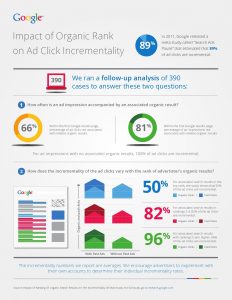
No matter where your business operates physically or geographically, local search marketing provides your business with the ability to connect with those searching for products or services in its area. Start by conducting keyword research for insight into monthly search volumes and user search intent.
Local search strategies can benefit all businesses – from franchises to so-called mom & pop shops, financial service brands and service providers.
Local SEO
Local search marketing is an invaluable asset that can help promote your business in specific geographical regions. It increases visibility, builds credibility, drives traffic to both websites and physical locations and can increase conversions and profits.
Directory listings and review platforms are essential components of local SEO, providing Google with key details about your business such as NAP (name, address and phone number).
Building relevant citations is also key in local search marketing; this can include reviews and ratings from real customers as well as social media signals. Keep in mind that these factors are continually shifting and evolving – therefore, it is vitally important that businesses remain up-to-date on current trends in local SEO.
Google My Business
Google’s local search algorithm favors businesses that provide detailed and accurate information, making it critical that businesses maintain a GMB profile with verified profiles that is optimized regularly.
Add products and services to your GMB profile that help searchers understand if you can meet their needs, such as deliveries or home or office visits. Also set up and regularly update business hours – Google uses this data for local packs and results.
Local Listings
Every business listing should feature basic information (name, address, phone number and website), but also include keywords to reflect what customers are searching for – for instance a plumber might include keywords like “plumbing services,” “emergency plumbing” and “plumbing near Galleria Mall.”
Search engines need this information in order to understand what your business offers and whether or not it fits relevant searches. However, it’s also crucial that all online listings relating to your business remain consistent, including smaller directories and social media pages; any inconsistency damages credibility and drags down search rankings; this is why local SEO and business listing management should become part of any regular marketing plan for all local companies serving their community.
Social Media
Local search marketing should be part of every brand with physical locations or customers located within a certain geographical region, whether that means retail stores, mom-and-pop shops, financial services businesses or anything in between. Local SEO plays an essential role in any digital marketing strategy – no matter the industry.
Search engines employ local search factors to deliver pertinent and timely results to users, such as personalization based on user behavior, mobile use and proximity of results to the searcher’s physical location.
Other local ranking factors for ranking include consistency of name, address and phone number in external directories such as Yelp, Yellow Pages and Manta; quality inbound links from external websites to your own; as well as creating accurate web content that includes relevant keywords on all web pages.
Content Marketing
Local search marketing encompasses an expansive scope, from organic SEO for websites to increasing rankings in Google Map Pack and beyond. However, its primary function lies in creating compelling content to attract and convert customers located in specific geographical areas.
Each word a business publishes online is like clicking a button – it represents their company to search engines and can have an effect on ranking performance. Therefore, it’s crucial for businesses to gain an in-depth knowledge of how customers search for what you offer them and how Google handles those searches.
Tools such as Moz Keyword Explorer and Ahrefs can aid your research process and help create useful, relevant content that answers searchers’ questions and solves their issues.




